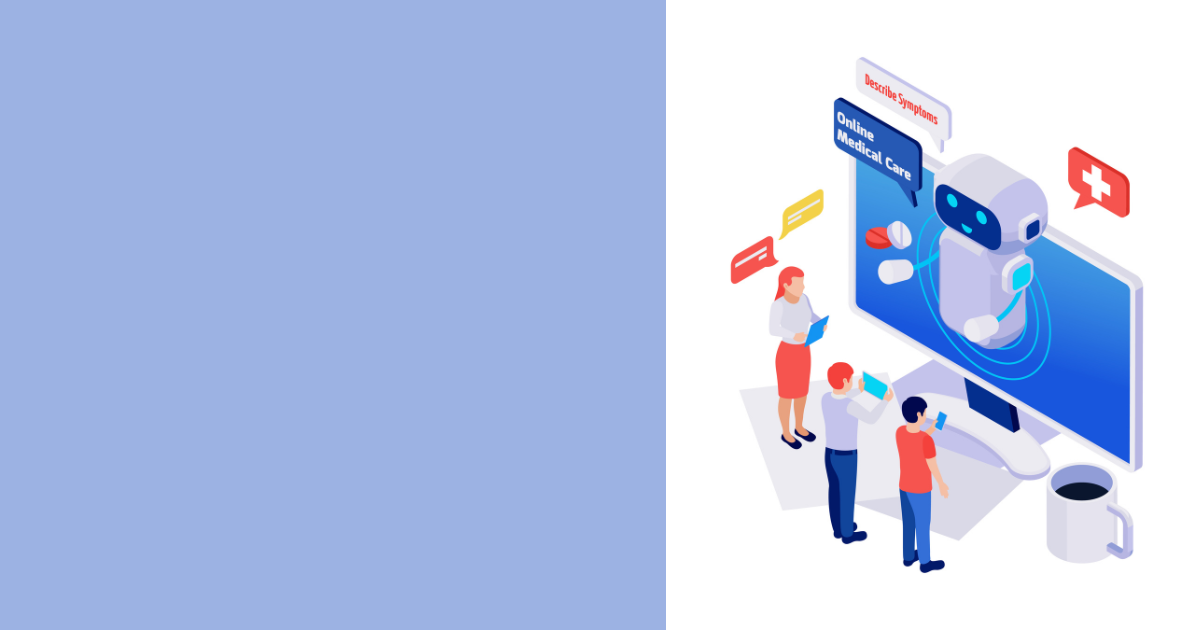Based on personal experience and knowledge of the healthcare industry trends, she believes that language models like ChatGPT have the potential to revolutionize global healthcare systems by providing new tools to improve diagnosis and treatment, streamline healthcare operations, enhance patient communication, perform predictive analytics, and accelerate drug discovery. While the specific applications of language models will vary depending on the needs of each country, the potential benefits are significant and could help improve healthcare outcomes and reduce costs around the world. These models will significantly impact global healthcare systems starting in the near future, particularly in the areas of diagnosis, treatment, and medical research. Here are some potential ways in which ChatGPT and other similar models can be used in different types of countries:
Developing Countries:
In developing countries, ChatGPT can help improve access to healthcare by providing remote consultations and diagnostics. For example, patients in rural areas may not have access to specialized doctors or medical facilities. ChatGPT can be used to provide remote consultations and connect patients with the appropriate medical professionals.
In addition, ChatGPT can be used to develop predictive models to identify outbreaks of diseases and track the spread of infectious diseases in real-time. This can help public health officials and medical professionals to respond quickly and effectively to prevent the spread of diseases.
One example of this is the use of ChatGPT to diagnose COVID-19. In collaboration with publicly and privately funded hospitals in such countries, chatbots have been developed that could assess a person’s risk of COVID-19 based on their symptoms and travel history. This helped to ease the burden on healthcare workers and enabled more people to access testing and care.
Third World Countries:
In third world countries, ChatGPT can help address the shortage of medical professionals and lack of access to healthcare. ChatGPT can be used to provide basic health information, such as how to prevent diseases, manage chronic conditions, and address common health concerns. Additionally, ChatGPT can be used to develop predictive models to identify outbreaks of diseases and track the spread of infectious diseases in real-time.
One example of this is the use of ChatGPT in African countries to provide health information to people living in remote areas. In collaboration with the World Health Organization (WHO), a chatbot was developed that could provide information on a range of health topics, including HIV/AIDS, malaria, and maternal health. This helped to improve access to healthcare in areas where medical professionals are scarce.
Overall, ChatGPT and other language models have the potential to transform healthcare systems around the world by improving access to healthcare, enhancing the quality of care, and advancing medical research. However, it is important to consider the ethical and privacy implications of using AI in healthcare and ensure that these technologies are developed and deployed in a responsible manner.
“Composed by: Ela Vashishtha, a healthcare analytics and planning leader at Texas Health Resources, USA, is driving data analytics and process improvement initiatives to address complex business challenges in healthcare. With a strong track record, she has successfully streamlined operations and improved healthcare efficiencies. Managing operational excellence for over 27 hospitals, she has spearheaded the implementation of real-time data monitoring and digital products, such as telehealth and remote patient monitoring. Ela’s expertise also includes the use of predictive tools for COVID and flu, as well as enhancing hospital quality indicators.”

